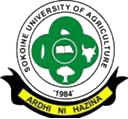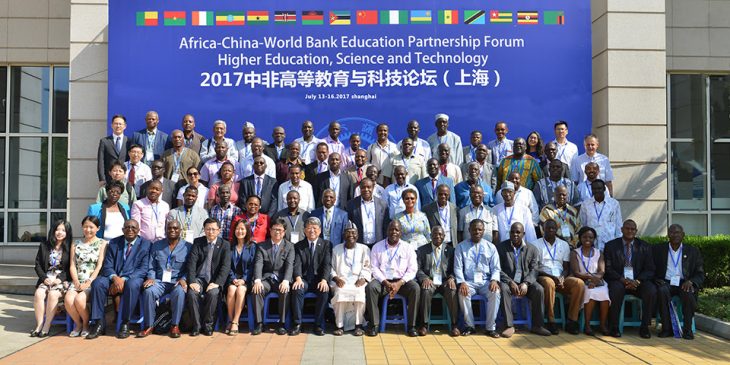On July 10-15, 2017, the 1st Africa-China-World Bank Education Partnership Forum, organized by the University of Chinese Academy of Sciences, Shanghai Jiao Tong University (SJTU), and the World Bank, forged new partnerships between leading universities, science and technology research institutes, and private enterprises of the two regions. The event was also supported by the Chinese Ministries of Finance, Education, and Agriculture, and Shanghai Normal University (SNU).
A number of new collaborations were forged at the Forum. In Beijing, Nanjing Agriculture University signed a bilateral MOU with the Egerton University Kenya to develop joint degree programs, faculty and student exchanges. Southwest Jiaotong University also developed a concrete partnership action plan with the Addis Ababa University on railway collaboration.
The Director of Higher Education Tanzania, Prof. Sylvia Temu said at the Forum: “The lessons drawn from over a decade of the Chinese government investment in higher education and research are vivid and with great tangible outcomes. Consistency, focus on high level strategic issues of national priority as well as keeping abreast with international developments in higher education have proven to work in China. For me, this is a wakeup call.”
For more information, contact Xiaoyan Liang.







